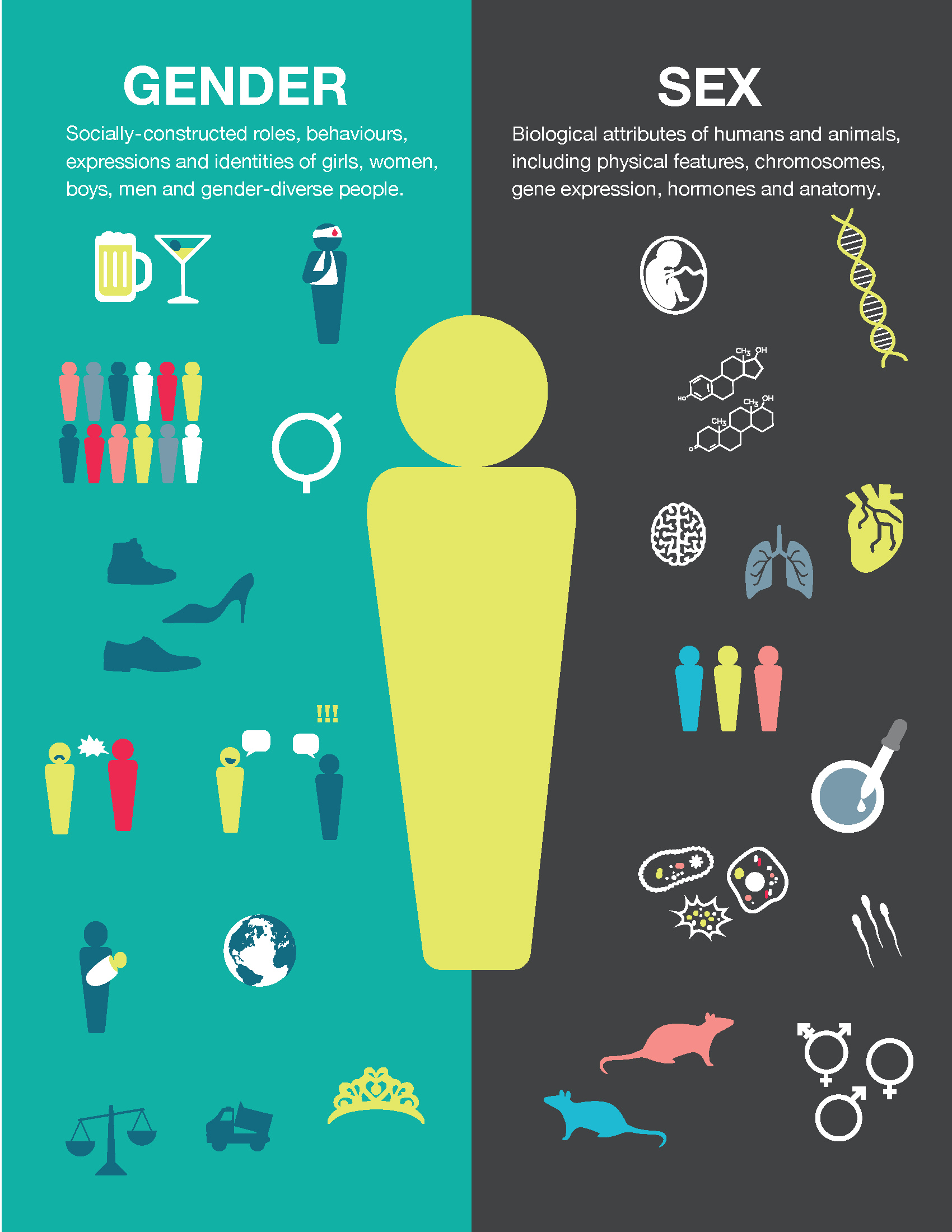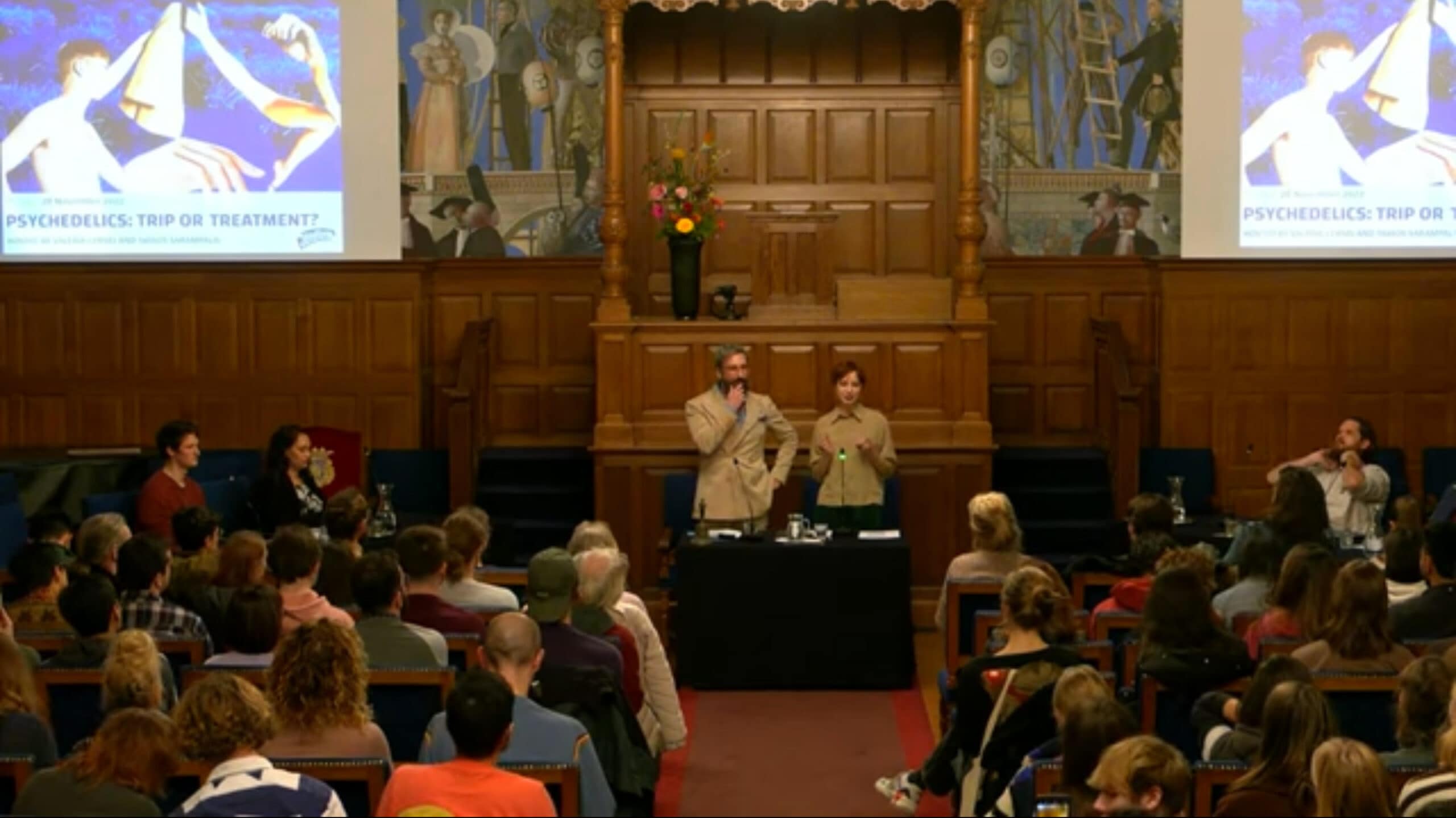Why and how do you measure sex or gender in your research participants? Are you still using a single binary question (male/female), or do you still add the option “other”? Are you aware of the differences between sex and gender? This blog post provides some hands-on best practices tips for including sex and/or gender in your research and for writing about them in an inclusive way.
Scholars in Groningen debated the present and future of psychedelic drugs. Will they revolutionize medicine?
When you hear about students doing a Research Master in the University Medical Center Groningen (UMCG) after a Bachelor in Psychology, you probably would infer that these students totally changed their sides. But research at the hospital is not purely medical. Studying the psychological aspects of certain diseases is surprisingly commonplace and the expertise and […]
“Which specialization should I take within the broad discipline called Psychology?” Numerous Psychology Bachelor students struggle with this issue and are doubtful about which Master’s degree they should pursue. Student Carl-Peter Van Erpecum discusses the option of joining a research master program at the UMCG, called Clinical and Psychosocial Epidemiology (CPE).
In a recent literature review my co-authors and I compared the symptoms and causes of schizophrenia spectrum disorders and dissociative disorders. The results show the limitations of categorical models of psychopathology (e.g. DSM-5) compared to models that view symptoms as extremes of normal behavior, and models emphasizing that symptoms can cause other symptoms.
We are happy to share an interview with the Head of Psychiatry of the UMCG, Prof. Robert Schoevers, by one of our own students, Alexander Pietrus-Rajman, as it appeared in the 97th issue of the BCN Newsletter.
Sluggish Cognitive Tempo (SCT) is currently one of the emerging themes in research on attention-deficit/hyperactivity disorder (ADHD). Indeed SCT is considered to be the new “real attention disorder”. The question is whether there is enough evidence for the establishment of a new disorder.
Why be afraid of fear? What are mental disorders? And how can patients be empowered to become their own doctors? Such questions were discussed in the Studium Generale series on “Everyday Madness”.
Mental health problems have become a topic of public debate. Last month, a Studium Generale lecture series addressed the situation in the Netherlands and beyond.






